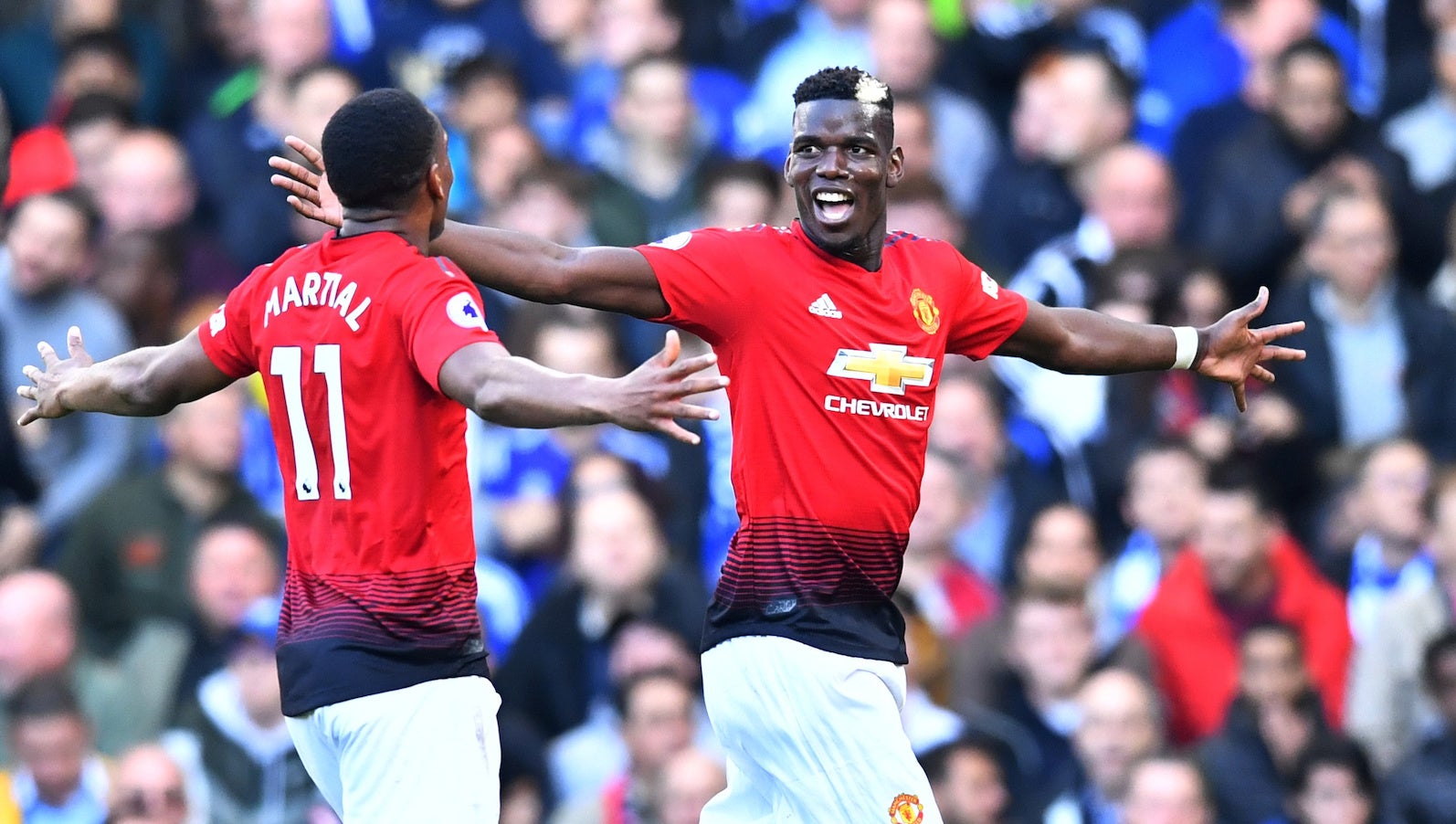A year for an elite soccer player compared to other sports
Liverpool’s manager, Jurgen Klopp, does not like how hard soccer players must work.


Liverpool’s manager, Jurgen Klopp, does not like how hard soccer players must work.
“I like competition but at one point somebody has to step back and think, they are players,” he recently said. Klopp was annoyed about the latest round of the inaugural Nations League, a new European national-team competition that replaces traditional exhibition matches with new competitive fixtures that are supposed to mean something. For non-European countries, that same week had a mix of qualifiers for regional tournaments or meaningless friendlies for money, like Saudi Arabia hosting Brazil (paywall).
Some of Klopp’s players came came back to Liverpool injured from their various endeavours. Klopp said:
You don’t want to see Anthony Joshua fighting every second night. That’s not possible. In no other sports—in American football, you have a summer break that is nearly longer than our season has. In basketball, they have a summer league. Only in football everyone wants big competitions where you can get relegated, promoted, playing for something.
Joshua is the British heavyweight boxing world champion. Generally, elite boxers fight twice a year (three at most) in fights that are promoted to the heavens. The current American football season runs from September to the Super Bowl in February; for most teams, it ends with the end of the regular season in December. That’s three months of competitive play.
The NBA regular season runs from October to mid-April, with the post-season kicking on until June. For example, Golden State Warriors star point guard Steph Curry—who battled a series of injuries—played an average of 32 minutes in 51 games of the 82-game 2017-18 regular season, before going on to power his team to another championship title. The “summer league” to which Klopp is likely referring are the off-season tournaments that allow NBA teams to develop younger players without too much pressure.
As for soccer, let’s take the last year of Paul Pogba, the French soccer star who plays for Manchester United, as an example. Starting in August 2017, Pogba made 27 appearances and scored six goals as Manchester United played a full 38-game season. Unlike most other European leagues, England does not yet take a winter break. Pogba and his teammates played throughout the Christmas and New Year’s holidays. They play almost every weekend (and now on Fridays, too).
There are also three other competitions held simultaneously. Pogba played once in the EFL Cup, three times in the FA Cup, and five times in the elite European Champions League, which takes place midweek. Manchester United played in that competition home and away all across Europe from September to March, when they were knocked out in the last 16.
There were at least three international breaks during the 2017-18 season for France. Soccer players are expected to play for their national teams as well as the teams that pay their salary without complaint or fuss throughout the year. In October 2017, Pogba’s France squad played two important games that ensured it qualified for the World Cup in 2018. In November and again in March, France played two meaningless friendlies each time.
Man U played its final Premier League game on May 13, finishing second in a highly competitive season. The team then played the final of the FA Cup on May 19, losing to Chelsea. After, Pogba linked up with his countrymen and played in two friendlies with France on June 1 and June 9, then flew to Russia when the World Cup kicked off for them on June 16. France, of course, won the Cup on July 15. Pogba was then give three weeks off—until he was called back for training to Manchester United for the start of the new season.
That season now includes the Nations League, which ends in a new mini-tournament next summer to crown a winner. There is also the qualification process for the next European Championships in 2020. And many soccer teams are spending their off-seasons traveling to generate revenues from their overseas fans in lucrative international tournaments, all of which increase the chances of injury. That’s a lot of work and travel, and not much holiday, for athletes in the world’s most popular sport.
“At one point, we have to think do we want opera every night, or every two months?” Klopp asked.